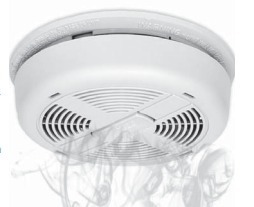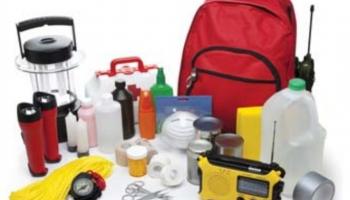
October is Fire Prevention Month and the biggest thing we need to think about is smoke detectors.
Smoke alarms are a key part of a home fire escape plan. When there is a fire, smoke spreads fast. Working smoke alarms give you early warning so you can get outside quickly.
SAFETY TIPS
- Install smoke alarms in every bedroom. They should also be outside each sleeping area and on every level of the home. Install alarms in the basement as well.
- Large homes may need extra smoke alarms.
- It is best to use interconnected smoke alarms so that when one smoke alarm sounds, they all sound.
- Test all smoke alarms at least once a month by pressing the test button to be sure the alarm is working.
- Current alarms on the market employ different types of technology including multi-sensing, which could include smoke and carbon monoxide combined.
- Today’s smoke alarms will be more technologically advanced to respond to a multitude of À re conditions, yet mitigate false alarms.
- A smoke alarm should be on the ceiling or high on a wall. Keep smoke alarms away from the kitchen to reduce false alarms. They should be at least 10 feet (3 meters) from the stove.
- People who are hard-of-hearing or deaf can use special alarms. These alarms have strobe lights and bed shakers.
- Replace all smoke alarms when they are 10 years old.
This information provided by Deputy MaKenzie Kreiner, Senior Safety Coordinator. Deputy Kreiner promotes safety and protection of older adults through the COA and Cass County Sheriff’s Office.




